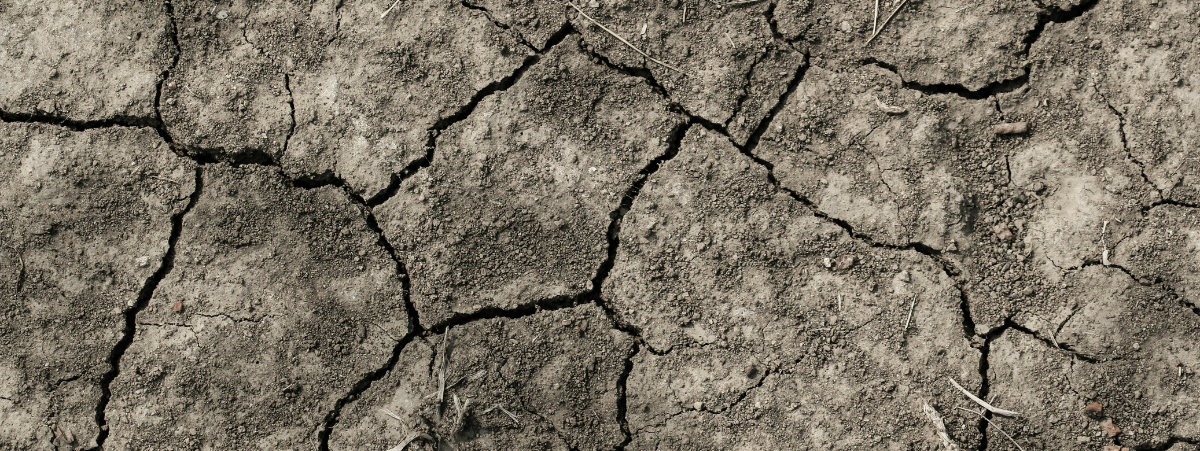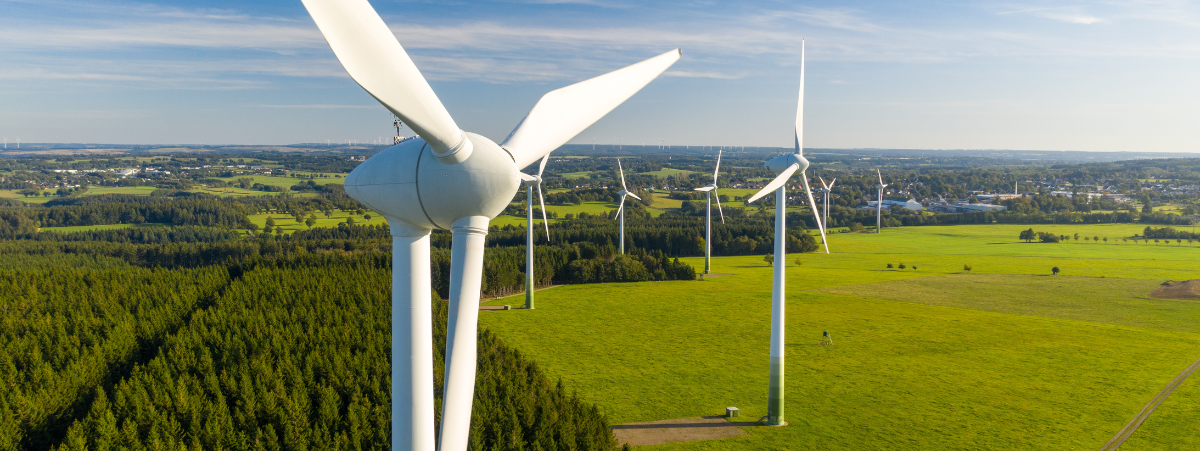A very real consequence of global warming, heat waves and wildfires are not inevitable.
Like everything related to climate change, mitigating them requires drastic and decisive action from governments, companies and individuals. In this article, we explore five initiatives that could have a direct positive impact on the frequency and intensity of these extreme weather events in the coming years.
1. Address carbon emissions
Our first and most urgent priority in combating the effects of climate change should be to combat climate change itself, and that can only be achieved by dramatically reducing the world’s carbon footprint. Countries have been trying to create the right mechanisms for this to happen since the Paris Agreement, but progress is alarmingly slow.
In the meantime, the private sector has a crucial role to play. Each company should calculate its carbon footprint, take measures to reduce it and offset the remaining emissions.
2. Protect and restore forests
Forests are amazing carbon sinks that can help us lower emissions: it is estimated that planting 2 billion acres of trees would help capture two thirds of global CO2 emissions (about 205 billion tons)
But they also regulate and stabilize the climate. The Brazilian Amazon lost 18 trees per second in 2021, and the country’s climate reached unprecedented extremes, between droughts, wildfires and torrential rains that affected economic activity and killed hundreds of people.
If we want to fight heat waves, we need to protect and restore the world’s forests. That’s why many of the carbon offsetting projects on the ClimateTrade marketplace focus on reforestation.
3. Make cities greener
Data suggests that removing greenery and creating areas of intense traffic, such as roundabouts, generates so-called “heat islands” where the temperature can be as much as 12°C higher than in other parts of cities. These islands spread extreme heat in surrounding neighbourhoods, putting their residents at risk.
In order to protect vulnerable people and improve quality of life within cities, it is crucial to add tree cover and reduce traffic in urban areas.
4. Support regenerative agriculture
In traditional agriculture, fields are stripped of trees and native vegetation to plant only one type of crop, supporting growth with chemical pesticides and fertilizers. Over time, these practices erode the soil and affect its health and its ability to retain water. This threatens food security and creates an environment ripe for droughts and wildfires. Additionally, both crops and farmers become much more vulnerable to heat waves in these conditions.
In regenerative agriculture, several types of crops and trees are planted in the same field to support a healthy and balanced ecosystem. This diversity reduces the need for chemicals and helps to regulate the local climate, providing better living conditions for plants, animals and agricultural workers. Supporting the food sector’s transition to regenerative agriculture is a very effective way to mitigate the extreme weather events that result from climate change.
5. Eat less meat
As seen above, deforestation is directly associated with the worsening of climate change, and beef production is the main driver of deforestation worldwide. In the Amazon, it is common for farmers to burn large areas of forest illegally to create space for raising cattle – a lucrative activity.
By eating less meat and reducing demand, we can remove incentives for this type of deforestation. It is a simple action that any one of us can take today to fight climate change and lower the frequency and intensity of heat waves.







